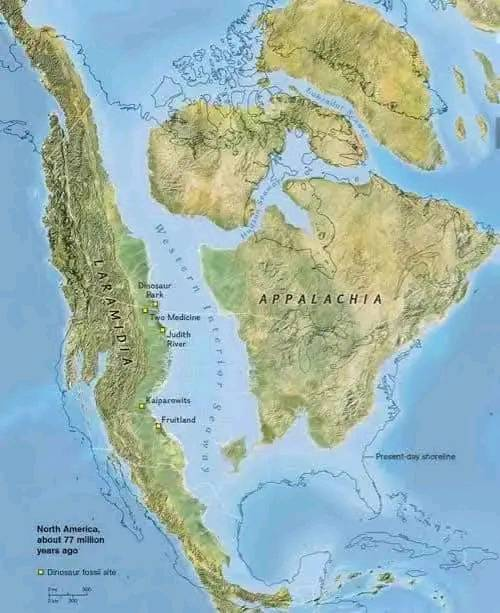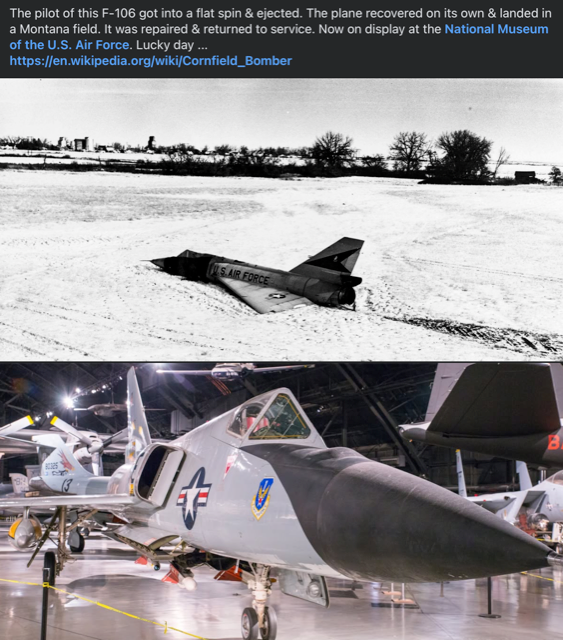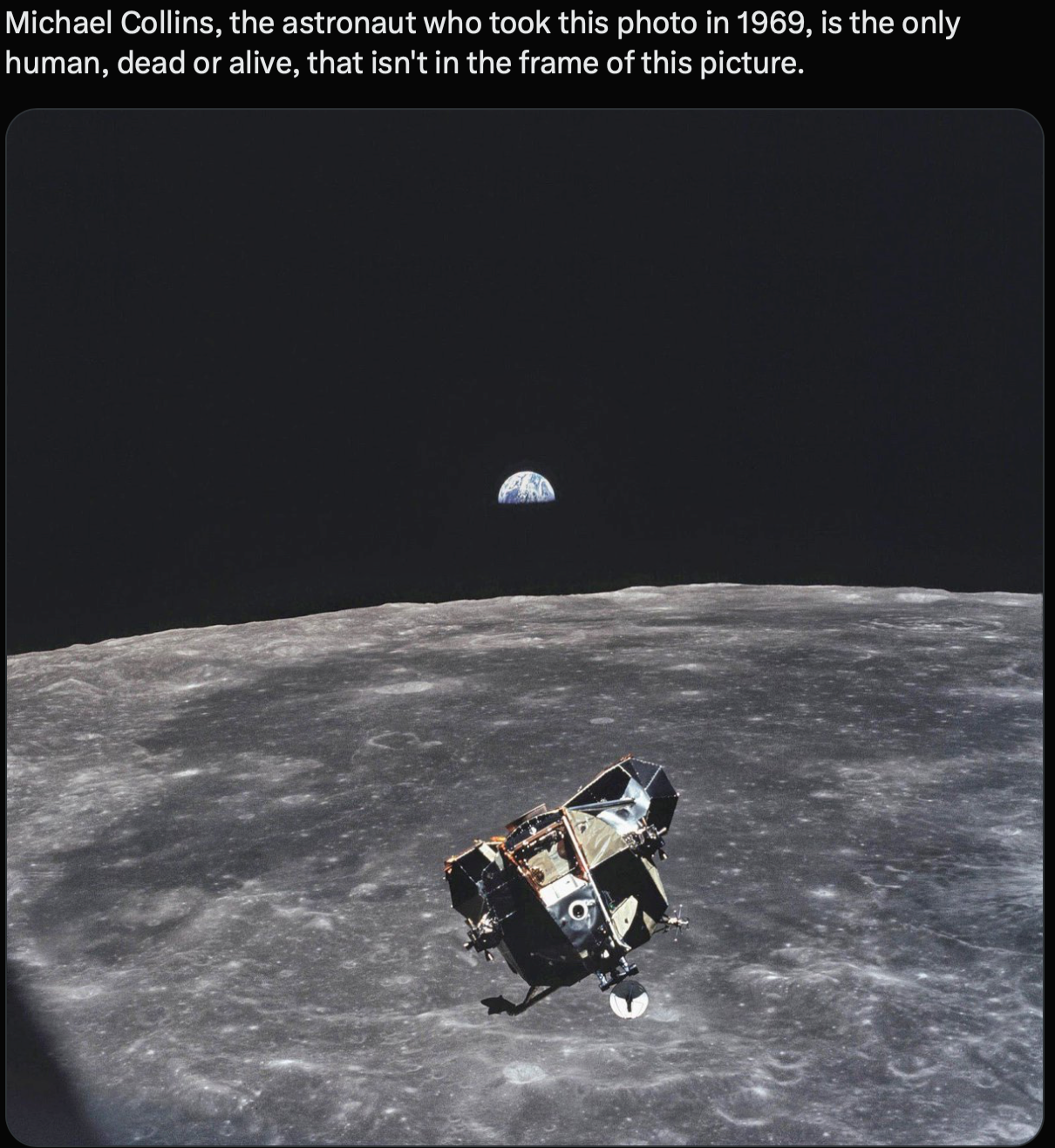Mildly interesting
-
@jon-nyc said in Mildly interesting:
I will never forgive Coca Cola or give them any money unless some social situation requires it. The cost of that is low for me as I’m not generally a soda drinker.
Forgive? Is that over the whole new Coke thing?
@LuFins-Dad said in Mildly interesting:
@jon-nyc said in Mildly interesting:
I will never forgive Coca Cola or give them any money unless some social situation requires it. The cost of that is low for me as I’m not generally a soda drinker.
Forgive? Is that over the whole new Coke thing?
-
@LuFins-Dad said in Mildly interesting:
@jon-nyc said in Mildly interesting:
I will never forgive Coca Cola or give them any money unless some social situation requires it. The cost of that is low for me as I’m not generally a soda drinker.
Forgive? Is that over the whole new Coke thing?
@jon-nyc said in Mildly interesting:
@LuFins-Dad said in Mildly interesting:
@jon-nyc said in Mildly interesting:
I will never forgive Coca Cola or give them any money unless some social situation requires it. The cost of that is low for me as I’m not generally a soda drinker.
Forgive? Is that over the whole new Coke thing?
It sounds like Dismaland, except for real.
-
Around 77 million years ago, during the Late Cretaceous period, North America looked vastly different from today. A shallow inland sea, the Western Interior Seaway, split the continent into two landmasses: Laramidia in the west and Appalachia in the east.
Laramidia, a narrow strip along the western coast, was a haven for dinosaurs like Tyrannosaurus, Triceratops, and duck-billed hadrosaurs. Appalachia, separated by the seaway, had its own unique ecosystems. Dense forests, swamps, and evolving flowering plants dominated the landscapes, while marine reptiles like mosasaurs and ammonites thrived in the seaway.
The climate was warmer, with no polar ice caps, creating lush environments perfect for prehistoric giants.
-
@LuFins-Dad said in Mildly interesting:
@jon-nyc said in Mildly interesting:
I will never forgive Coca Cola or give them any money unless some social situation requires it. The cost of that is low for me as I’m not generally a soda drinker.
Forgive? Is that over the whole new Coke thing?
@jon-nyc said in Mildly interesting:
@LuFins-Dad said in Mildly interesting:
@jon-nyc said in Mildly interesting:
I will never forgive Coca Cola or give them any money unless some social situation requires it. The cost of that is low for me as I’m not generally a soda drinker.
Forgive? Is that over the whole new Coke thing?
Go to Guiness museum instead. (But maybe you have already been there?)
-
Around 77 million years ago, during the Late Cretaceous period, North America looked vastly different from today. A shallow inland sea, the Western Interior Seaway, split the continent into two landmasses: Laramidia in the west and Appalachia in the east.
Laramidia, a narrow strip along the western coast, was a haven for dinosaurs like Tyrannosaurus, Triceratops, and duck-billed hadrosaurs. Appalachia, separated by the seaway, had its own unique ecosystems. Dense forests, swamps, and evolving flowering plants dominated the landscapes, while marine reptiles like mosasaurs and ammonites thrived in the seaway.
The climate was warmer, with no polar ice caps, creating lush environments perfect for prehistoric giants.
-
@George-K said in Mildly interesting:
@Mik said in Mildly interesting:
The climate was warmer, with no polar ice caps,
Blasphemer!
Not possible!
My understanding is that people change the climate.
No people, no climate change, just happy endangered species.
-

During a routine training flight conducting aerial combat maneuvers on February 2, 1970, the aircraft entered a flat spin. The pilot, First Lieutenant Gary Foust,[2][3] deployed the aircraft's drag chute as a last resort while attempting to recover.[2] When it failed Foust ejected at an altitude of 15,000 feet (4,600 m).[4]
The reduction in weight and change in center of gravity caused by the removal of the pilot,[5] coupled with the blast force of his seat rocketing out of the plane pushing the nose of the aircraft down, which had been trimmed by Foust for takeoff and idle throttle, caused the aircraft to recover from the spin. The previously set trim then helped stabilize the attitude of the plane after the initial nose down.[5] One of the other pilots on the mission was reported to have radioed Foust during his descent by parachute that "you'd better get back in it!"[2] From his parachute, Foust watched incredulously as the now-pilotless aircraft descended and skidded to a halt in a farmer's field near Big Sandy, Montana.[5] Foust drifted into the nearby mountains. He was later rescued by local residents on snowmobiles.[2][4]
Shortly thereafter, the local sheriff and local residents arrived at the scene of the crash. The thrust from the still-idling jet engine allowed the aircraft to slowly drift on its belly across the field after it landed.[3] The sheriff, having contacted the air base, was informed that he should simply allow the jet to run out of fuel, which occurred one hour and 45 minutes later without further incident.[2] A recovery crew from McClellan Air Force Base arrived on the scene and began to dismantle the aircraft, removing its wings for transport aboard a railroad flat car. The damage to the aircraft was minimal; indeed, one officer on the recovery crew is reported to have stated: If there were any less damage, he would have simply flown the aircraft out of the field.[2][4]



